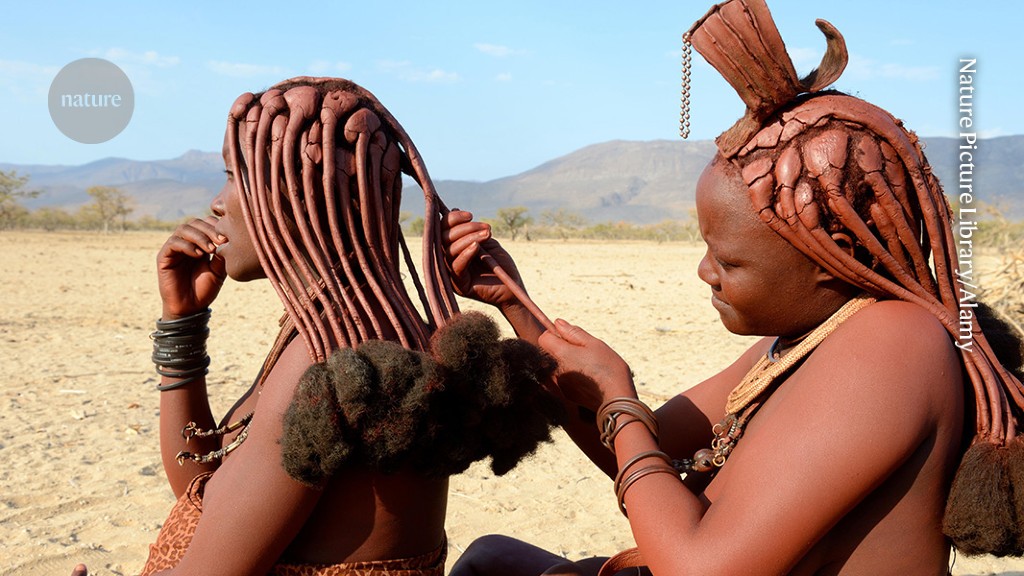The Evolution of Reciprocity in Humans and Other Animals
核心概念
Reciprocity in humans is based on the idea of mutual benefit, but the evolutionary path to this behavior is complex and may require group cooperation.
摘要
Reciprocity in humans is a well-understood concept where individuals help each other with the expectation of receiving help in return. Efferson et al. challenge this notion by suggesting that for reciprocity to evolve, natural selection must also favor groups that cooperate. This highlights the complexity of the evolutionary path to reciprocal cooperation and questions its feasibility without group-level selection.
自定义摘要
使用 AI 改写
生成参考文献
翻译原文
翻译成其他语言
生成思维导图
从原文生成
访问来源
www.nature.com
Why reciprocity is common in humans but rare in other animals
统计
A rich body of theoretical work has confirmed the idea that reciprocal cooperation is advantageous as long as there is a high probability of interacting with the same person again.
Individuals preferentially help those who have previously helped them.
引用
从中提取的关键见解
by Sarah Mathew 在 www.nature.com 02-21-2024
https://www.nature.com/articles/d41586-024-00308-0
更深入的查询
What role does group cooperation play in shaping individual behaviors like reciprocity
Group cooperation plays a crucial role in shaping individual behaviors like reciprocity. In the context of evolutionary biology, group selection theory suggests that natural selection can act on groups of individuals, favoring those with higher levels of cooperation and altruism. This means that individuals within a group are more likely to exhibit reciprocal behaviors towards each other if there is an overall benefit to the group's survival and success. By promoting cooperation at the group level, individuals are incentivized to engage in reciprocal interactions as it enhances the collective fitness of the entire group.
Is there evidence from other species supporting or contradicting the findings on reciprocity evolution
There is evidence from other species both supporting and contradicting the findings on reciprocity evolution in humans. For example, studies on primates such as chimpanzees and bonobos have shown instances of reciprocal behavior where individuals exchange favors or grooming activities based on past interactions. This supports the idea that reciprocity can evolve in non-human animals under certain conditions. On the contrary, some research on birds like house sparrows has suggested that direct reciprocity may not be as prevalent due to their different social structures and mating systems.
How can understanding the evolutionary path to reciprocity impact societal structures and relationships
Understanding the evolutionary path to reciprocity can have significant implications for societal structures and relationships. By recognizing that cooperative behaviors can be shaped by both individual benefits and group advantages, societies can promote norms that encourage mutual aid and collaboration among members. This insight into how reciprocity evolves over time can inform policies related to social welfare programs, economic incentives for cooperation, and conflict resolution strategies within communities. Ultimately, a deeper understanding of reciprocity evolution can help foster stronger bonds between individuals and create more resilient societies built on trust and mutual support.
0
